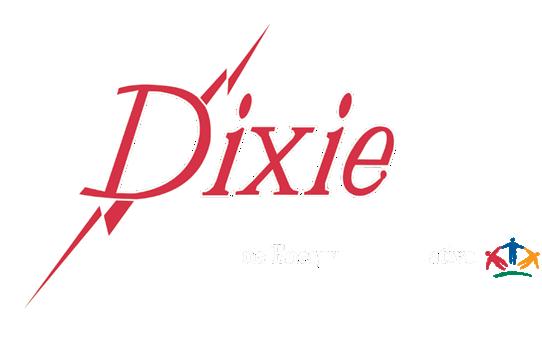Caramel Pecan Cheesecake
1 1/2 cups graham crackers, crushed
1/2 cup pecans, finely chopped
4 tbsp. butter, melted
For the Topping:
2 cups pecan halves
4 tbsp. butter
4 8oz. packages cream cheese, softened 1/2 cup light brown sugar
1 1/4 cups light brown sugar
2 tsp. vanilla extract
4 eggs
Directions:
2 tbsp. light corn syrup
1/3 cup heavy cream
Preheat oven to 350°F. Spray 9-inch springform pan with nonstick cooking spray. In a medium bowl, combine crushed graham crackers, pecans, and butter. Stir well. Pour mixture evenly into spring-form pan and press firmly to create a crust. Combine softened cream cheese, brown sugar, and vanilla in a bowl. Add the eggs and mix well. Pour the cheesecake filling onto the crust, and bake 40-50 minutes, or until the center is almost completely set. Remove from oven and cool completely, then remove the outer ring of the springform pan. Refrigerate overnight. To make the topping, preheat the oven to 325°F and spread pecans on baking sheet. Bake 7-10 minutes or until just fragrant. In a medium saucepan, combine butter, brown sugar, corn syrup, and heavy cream. Cook until bubbly, then stir in the toasted pecans. Cool to room temperature before pouring over the cooled cheesecake.
2 0 2 3
2023 ANNUAL REPORT
As part of our commitment to accountability and integrity, Dixie Electric Cooperative's 2023 Annual Report is available on our website for our valued member-owners to view.
If you would like to read this year's annual report, please visit our website at: www.dixie.coop/annual-report
All co-ops are guided by seven cooperative principles that embody the values and spirit of the cooperative movement. These seven principles are a framework to help all co-ops navigate challenges and opportunities while remaining true to our purpose:
1. VOLUNTARY AND OPEN MEMBERSHIP
Cooperatives are voluntary organizations, open to all people able to use its services and willing to accept the responsibilities of membership, without gender, social, racial, political or religious discrimination.
2. DEMOCRATIC MEMBER CONTROL
Co-ops are controlled by their members — those who buy the goods or use the services of the co-op — who actively participate in setting policies and making decisions.
3. MEMBERS ECONOMIC PARTICIPATION
Members contribute equally to, and control, the capital of the cooperative. This benefits members in proportion to the business they conduct with the cooperative rather than on the capital invested.
4. AUTONOMY AND INDEPENDENCE
Cooperatives are autonomous, self-help organizations controlled by their members. If the co-op enters into agreements with other organizations, it is done so based on terms that ensure control by the members and maintains the co-op’s autonomy.
5. EDUCATION, TRAINING AND INFORMATION
Cooperatives provide education and training for members, trustees, managers and employees so they can contribute effectively to the development of their co-op. Members also inform others about the nature and benefits of cooperatives.
6. COOPERATION AMONG COOPERATIVES
Co-ops serve members most effectively and strengthen the cooperative movement by working together through local, national, regional and international structures.
7. CONCERN FOR COMMUNITY
While focusing on member needs, cooperatives work for the sustainable development of communities through policies and programs accepted by the members.









